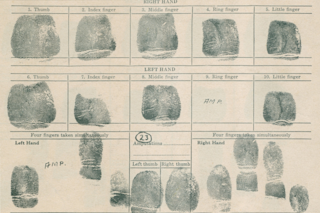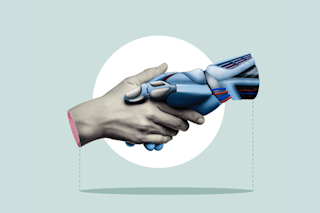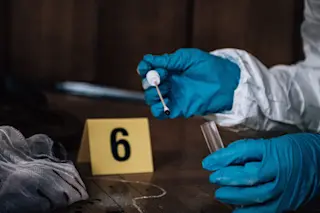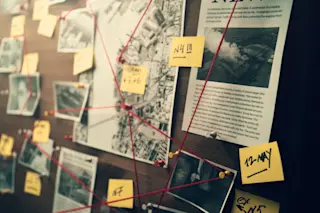I've got a piece in this weekend's Sunday Outlook section in the Post, entitled "If scientists want to educate the public, start by listening." The argument is that although people often seem to resist science and argue back against it, they're frequently motivated by nonscientific considerations at the core--nonscientific considerations that scientists themselves often don't really understand. But alas, this means that arguing with them scientifically often doesn't yield the desired result. Example:
Or consider the long-running controversy over plans to dispose of the nation's nuclear waste at Nevada's Yucca Mountain. Although many technical experts have long argued that the repository would be safe, this has hardly convinced frightened and angry Nevadans. In 1991, the American Nuclear Energy Council even launched an ad campaign to educate the public about the Yucca Mountain plan but it backfired. Nearly a third of viewers became more resistant to the repository, and among those ...













